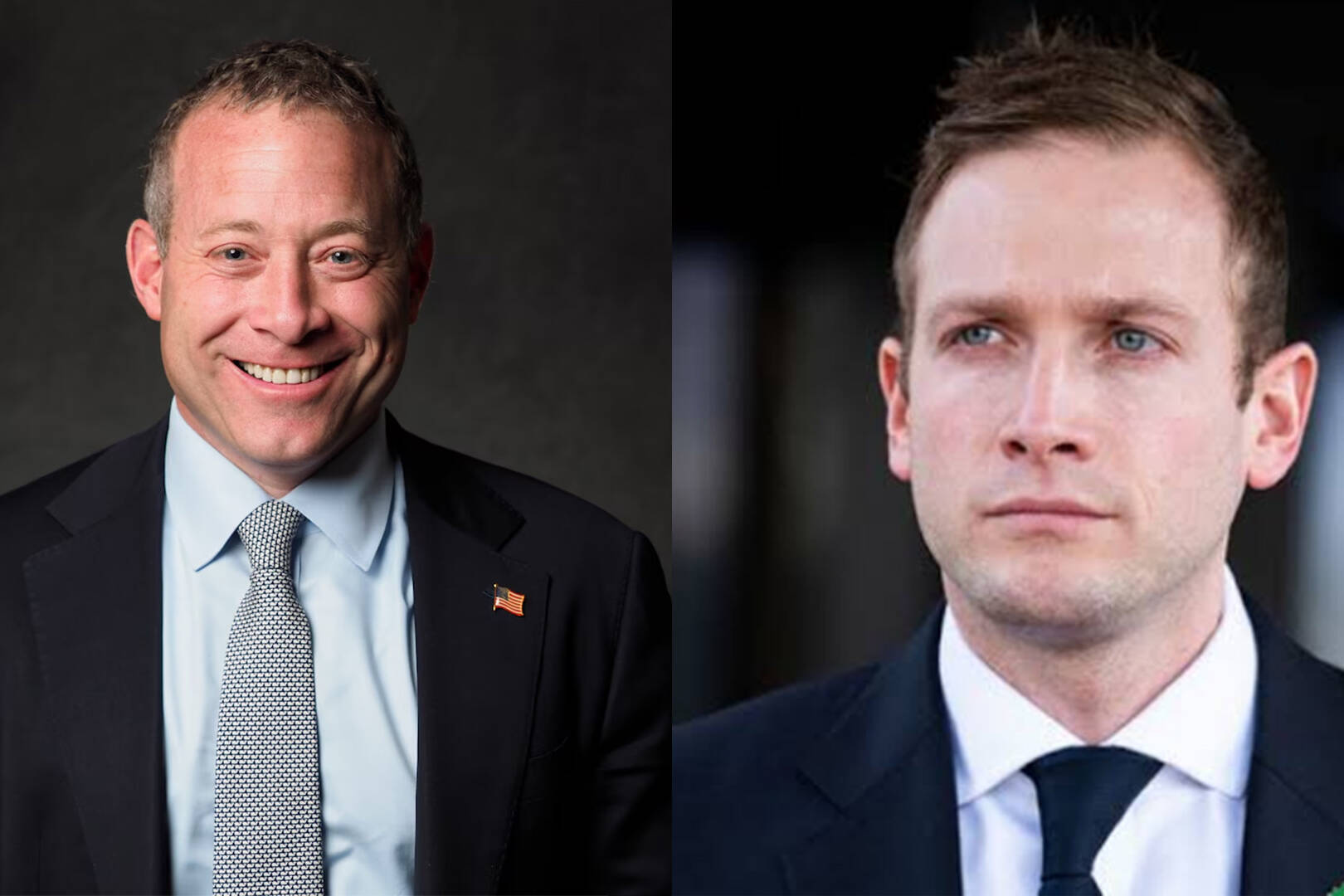The Atlantic’s editor-in-chief Jeffrey Goldberg dropped a bombshell recently: top military and intelligence officials accidentally added him to a group text discussing secret war plans on the messaging app Signal.
Since then, cable news and social media have been dominated by this scandal, which some have dubbed “Signalgate.”
For the most part, Democratic leaders are calling for resignations and firings, while Republican leaders are defending those involved. Although there are some exceptions:
- Congressman Don Bacon (R-NE) – a retired Air Force general who worked in military intelligence, and a reliable voice for common sense – has been one of the few Republicans to aggressively criticize Trump administration officials, saying, “Putting classified info on an unclassified system was clearly wrong. We need leaders who take responsibility when they’re wrong. Owning up to a mistake is what a leader does.”
- Senators Roger Wicker (R-MS) and Jack Reed (D-RI), leaders of the Armed Services Committee, are seeking a bipartisan investigation into the matter.
Outside of Washington, how do Americans feel about Signalgate? Republicans and Democrats agree more than you might think.
YouGov polled a representative sample of American adults and found that 74 percent of people said the Signal leaks were a very or somewhat serious problem. It’s not just Democrats: 72 percent of independents and 60 percent of Republicans agreed it was a serious problem.
It’s rare to see consensus on a hot topic like this.
Take YouGov’s polls on Hillary Clinton’s email scandal, for example. Clinton used a private email server to conduct government business as a Senator and as Secretary of State, which became a major controversy during the 2016 presidential election. Many people are comparing the Signal controversy to Clinton’s emails, because both are seen as improper handling of government information.
In 2015, when YouGov first polled about Clinton’s emails, there was a much clearer partisan divide.
In both cases, people were happy to call out the other party’s scandal: the percentage of Republicans concerned about Clinton’s emails was pretty close to the share of Democrats concerned about the Signal messages. But people were less willing to call out their own party back then. Just 36 percent of Democrats saw the emails as a big problem in 2015, compared to the 60 percent who said the same about the Signal chats now.
There is also more consensus now over the media’s approach to the scandals. Just 42 percent of Republicans say the media is “making too big a deal about” Signalgate, compared to 70 percent of Democrats who said that about the emails.
In short, Americans do still have a capacity to call it like they see it, even if most leaders in Washington are still inclined to reflexively bash the other party or protect their own.
Related
Peyton Lofton
Peyton Lofton is Senior Policy Analyst at No Labels and has spent his career writing for the common sense majority. His work has appeared in the Washington Examiner, RealClearPolicy, and the South Florida Sun Sentinel. Peyton holds a degree in political science from Tulane University.




